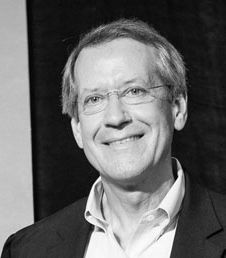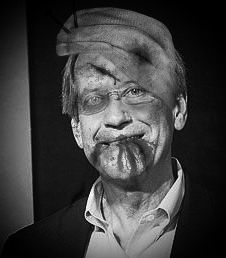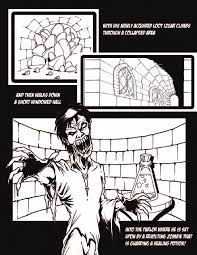
| CHARLES MACAL Argonne National Laboratory and University of Chicago Epidemiology, Supercomputers, and Stopping the ZOMBIE APOCALYPSE in Chicago Tuesday, November 5, 2019 5:30 - 8:30 pm The Lounge at Iwan Ries 19 South Wabash Av. Cocktails at 5:30, with the presentation at 6:00 for about thirty minutes, followed by Q&A and general cocktail conversation. Reservations with EventBrite Event Support are required. (Select the green "Tickets" link.) |
||
|
From the Chicago Tribune,
Ben Meyerson reporting.
Chicago would be overtaken by a zombie invasion in 60 days. That’s according to a team of scientists at Argonne National Laboratory, who came to the conclusion using a high-powered computer model that’s normally used for much more serious work on infectious diseases. “The people of Chicago could suffer dire consequences at the hands of a zombie invasion,” said Chick Macal, senior systems engineer in Argonne’s Global Security Sciences Division. “No part of the city would be spared.”Charles Macal is recognized globally as a leader in computer simulation. He develops computer models for infectious diseases, the electric power grid, the critical materials markets, environmental sustainability, technology adoption, and combatting the worldwide spread of misinformation. In his spare time, Dr. Macal is an internationally recognized zombie scientist and has done internationally recognized, ground-breaking work developing effective interventions to stop the coming Zombie Apocalypse Chicago. He holds Senior appointments at the University of Chicago Consortium for Advanced Science and Engineering, and the Northwestern-Argonne Institute for Science and Engineering. Please join the Cigar Society next Tuesday when Dr. Macal will tell us about how Argonne National Laboratory, here in Illinois, is a building a supercomputer that, when it is completed, will be the most powerful computer in the world. He will talk about his work in computer-simulated epidemiology and disaster-recovery studies. And, on the heels of Halloween, he'll talk about a computer simulation of a fictional epidemic that has brought wide attention to the research he and others are doing here at Argonne Labs and the University of Chicago.  |
||
|
Professor Macal writes: * * * Using Complex Adaptive Systems Thinking to Understand Community Interdependencies. Charles Macal, FEMA Prep Talk, 4-15-2019. Department of Energy Secretary recognizes Argonne scientists’ work to fight Ebola, cancer. DOE Secretary's Award, 4-18-2017. Doomsday Squad at Argonne National Laboratory Prepares for Chaos. Chicago Tonight, WTTW Chicago, 4-25-2017. The Doomsday Squad. WGN-TV, 4-5-2017. * * * ---Seth MacFarlane Quiet minds cannot be perplexed or frightened but go on in fortune or misfortune at their own private pace, like a clock during a thunderstorm. ---Robert Louis Stevenson What happens if a big asteroid hits Earth? Judging from realistic simulations involving a sledge hammer and a common laboratory frog, we can assume it will be pretty bad. ---Dave Barry |
|
About the Cigar Society of Chicago
ONE OF THE
OLDEST AND greatest traditions of the city clubs of
Chicago is the discussion of intellectual, social,
legal, artistic, historical, scientific, musical,
theatrical, and philosophical issues in the company of
educated, bright, and appropriately provocative
individuals, all under the beneficent influence of
substantial amounts of tobacco and spirits. The
Cigar Society of Chicago embraces
this tradition and extends it with its Informal
Smokers, University Series lectures,
and Cigar Society Dinners, in which cigars,
and from time to time pipes and cigarettes, appear as
an important component of our version of the classical
symposium. To be included in the Cigar Society's
mailing list, write to the secretary at
curtis.tuckey@logicophilosophicus.org.


